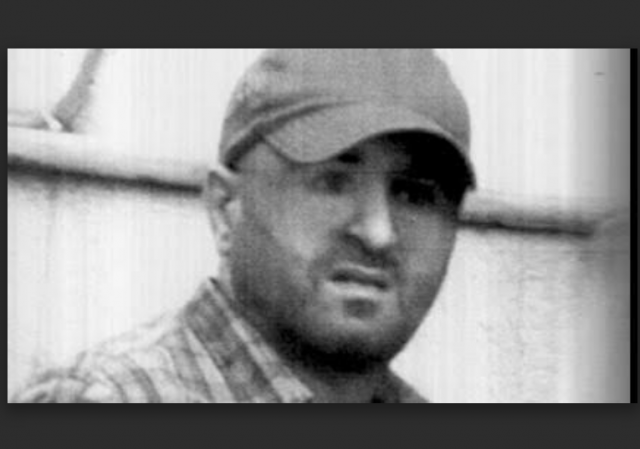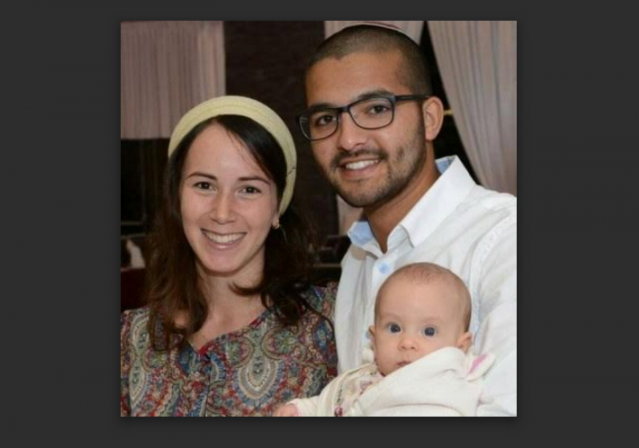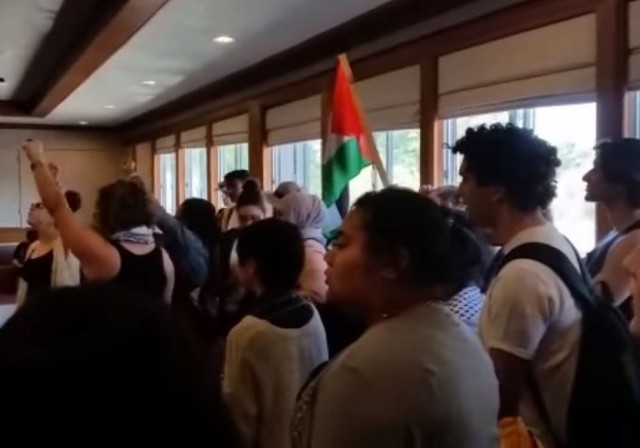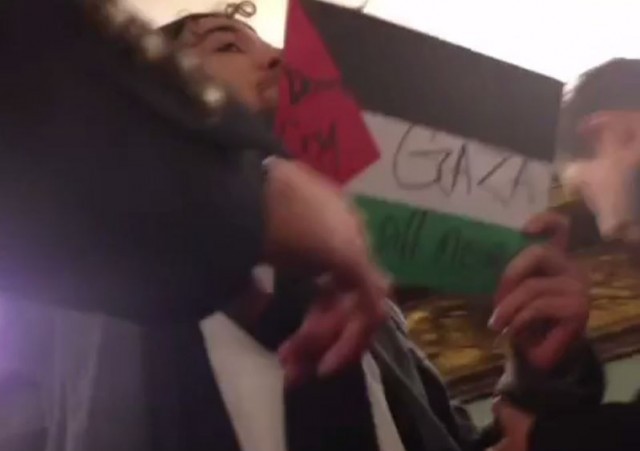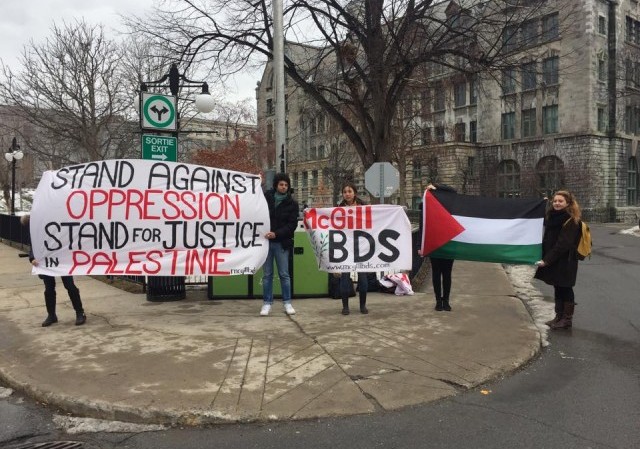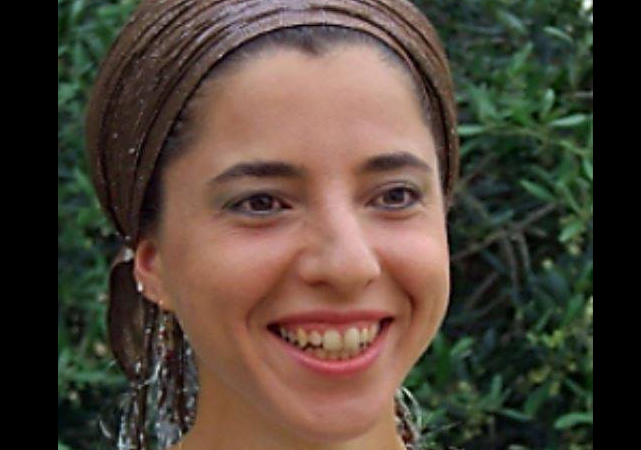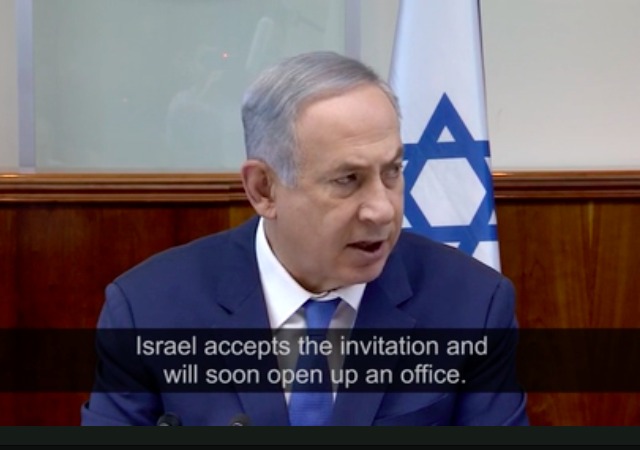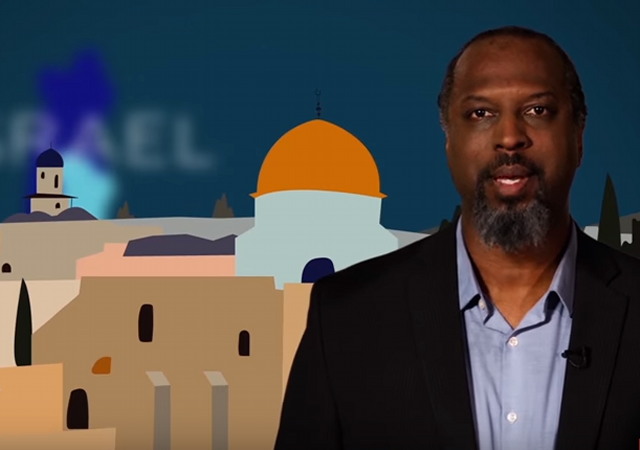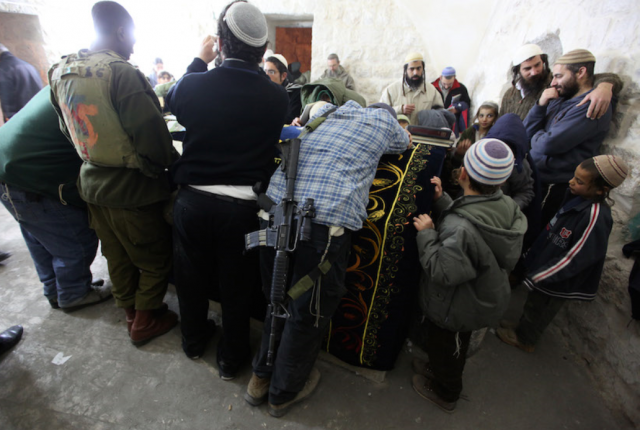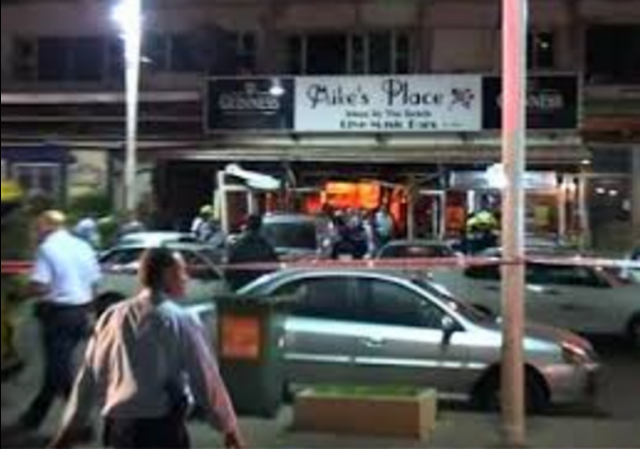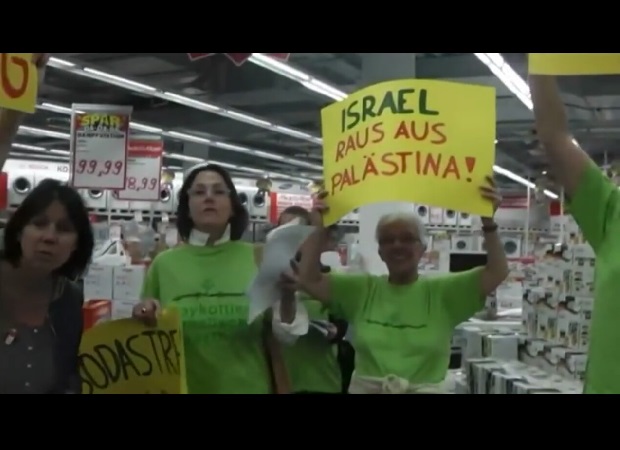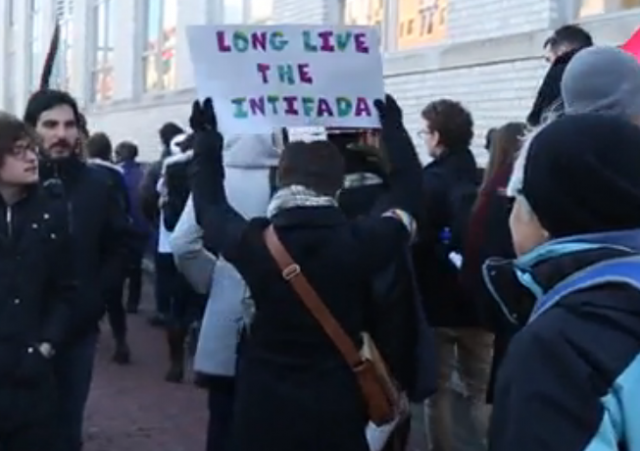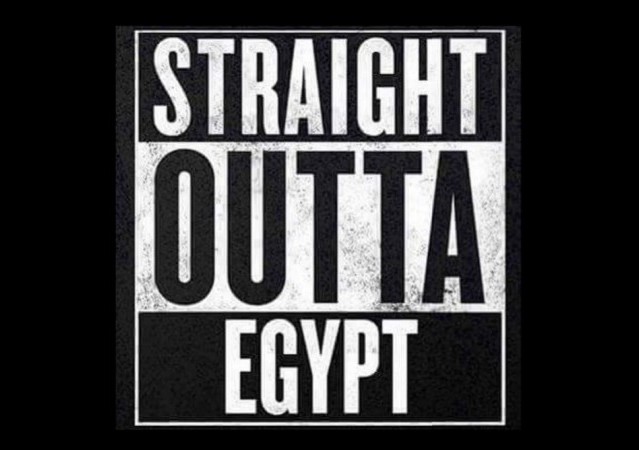Another top Hezbollah commander killed – but who dunnit?
on May 13, 2016
4 Comments
There have been a series of assinations of top Hezbollah commanders in the recent past, including Imad Mughniyeh (mastermind of almost all attacks on Israel and the U.S.), his son Imad Mughniyeh (who was killed along with several high level operatives and an Iranian general), Hassan Laqqis (key Hezbollah link to Iranian weapons procurement) and Samir Kuntar (who killed an Israeli girl by smashing her head against the rocks on a beach).
In some of the cases (Imad Mughniyeh) Israeli involvement was clear, in the others it's presumed.
Hezbollah just lost another top commander, the brother-in-law of Imad Mughniyey, and its top commander in Syria, Mustafa Amine Badreddine.
The BBC reports:

